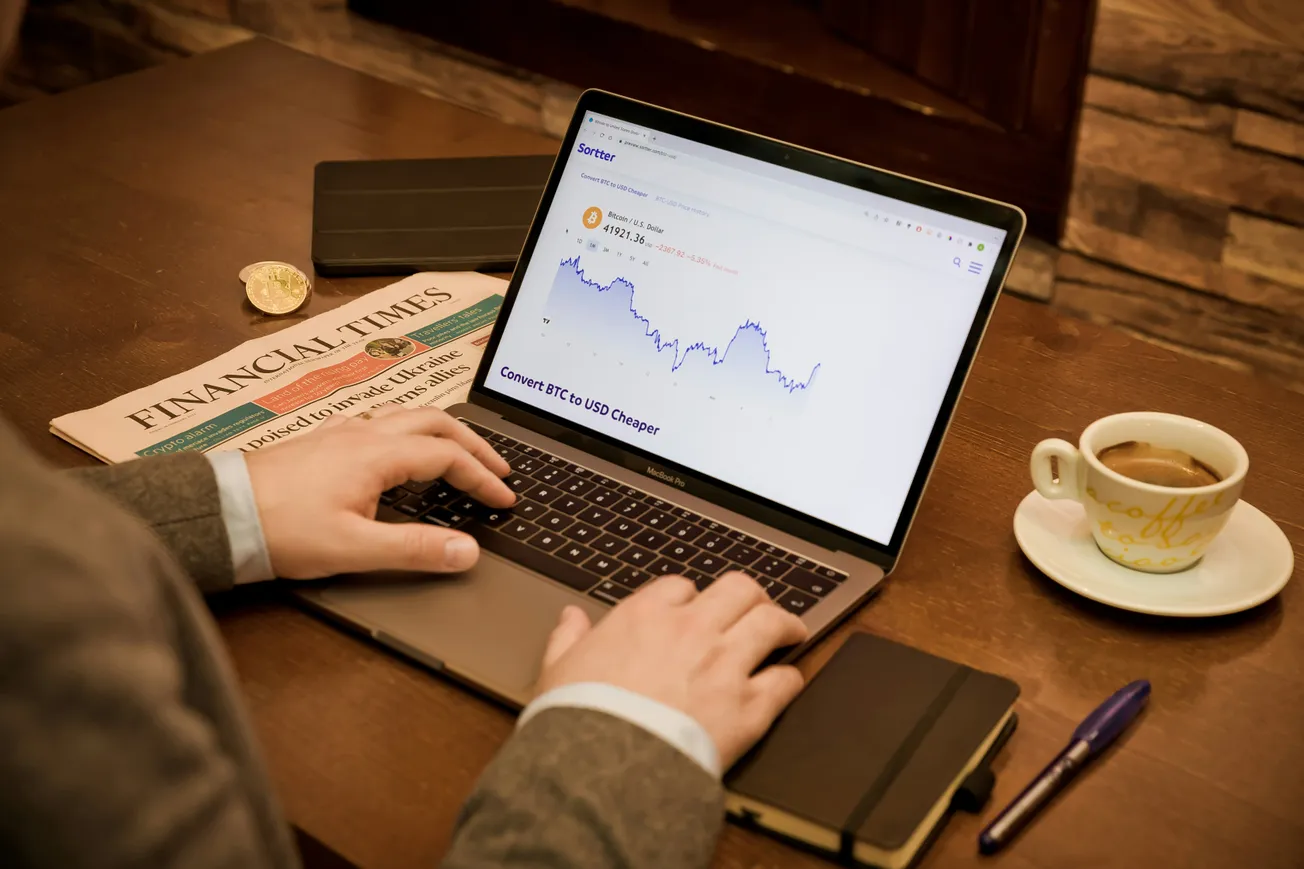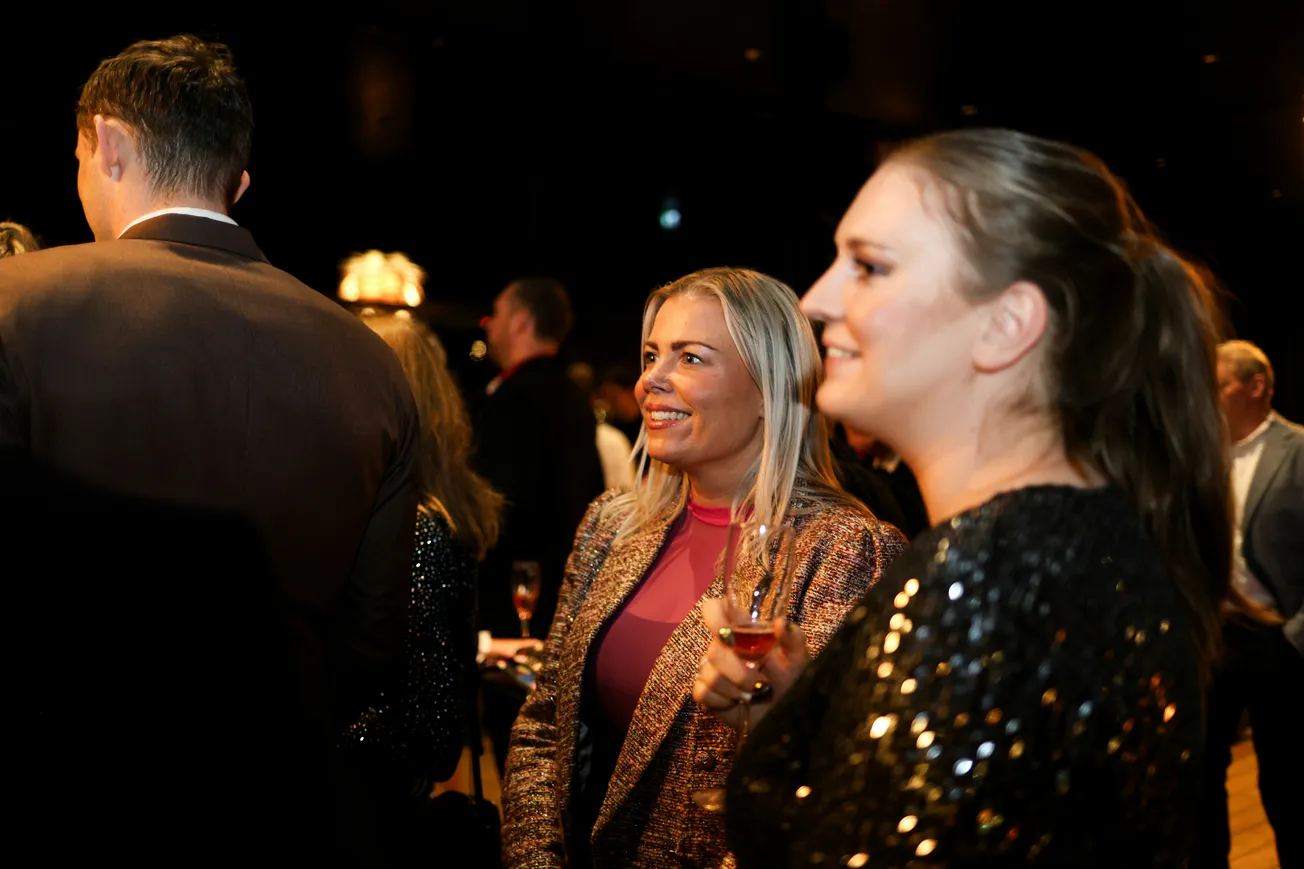China’s regulatory body, the Cyberspace Administration of China (CAC), announced on October 25 2025 that influencers addressing professional subjects—such as law, education, medicine or finance—must now provide formal credentials (degrees, certifications or licensed status).
Platforms like Douyin (China’s version of TikTok), Weibo and Bilibili are required to verify the backgrounds of creators, ensure that content includes proper sourcing or disclaimers, and block false or misleading content.
Key requirements at a glance
- Influencers discussing professional fields must show proof of qualification in that field (degree, certificate, license).
- Platforms have to verify credentials, label when content is AI‑generated, and include citations and disclaimers.
- The regulation forms part of a broader CAC effort to curb content that “incites pessimism” or encourages defeatist attitudes.
Why this matters
- The rule raises the bar for credibility in the creator economy in China—rather than anyone publishing advice, only those with formal credentials may speak on professional topics.
- Influencers and platforms now face additional compliance burdens: verifying credentials, adding disclaimers, and possibly restricting topics that previously were open.
- From a global creator economy perspective, this move aligns with rising scrutiny over misinformation, credentials and transparency. A recent UNESCO study found only about 37% of creators verify information before publishing.
Implications for creators and brands
Creators who produce content on professional topics need to consider credentials, sourcing and compliance—and platforms hosting content must step up verification and disclosure workflows.
For brands and marketers, the regulation illustrates how influencer‑marketing environments differ widely by region, and why localization and regulatory awareness matter for cross‑border campaigns.









